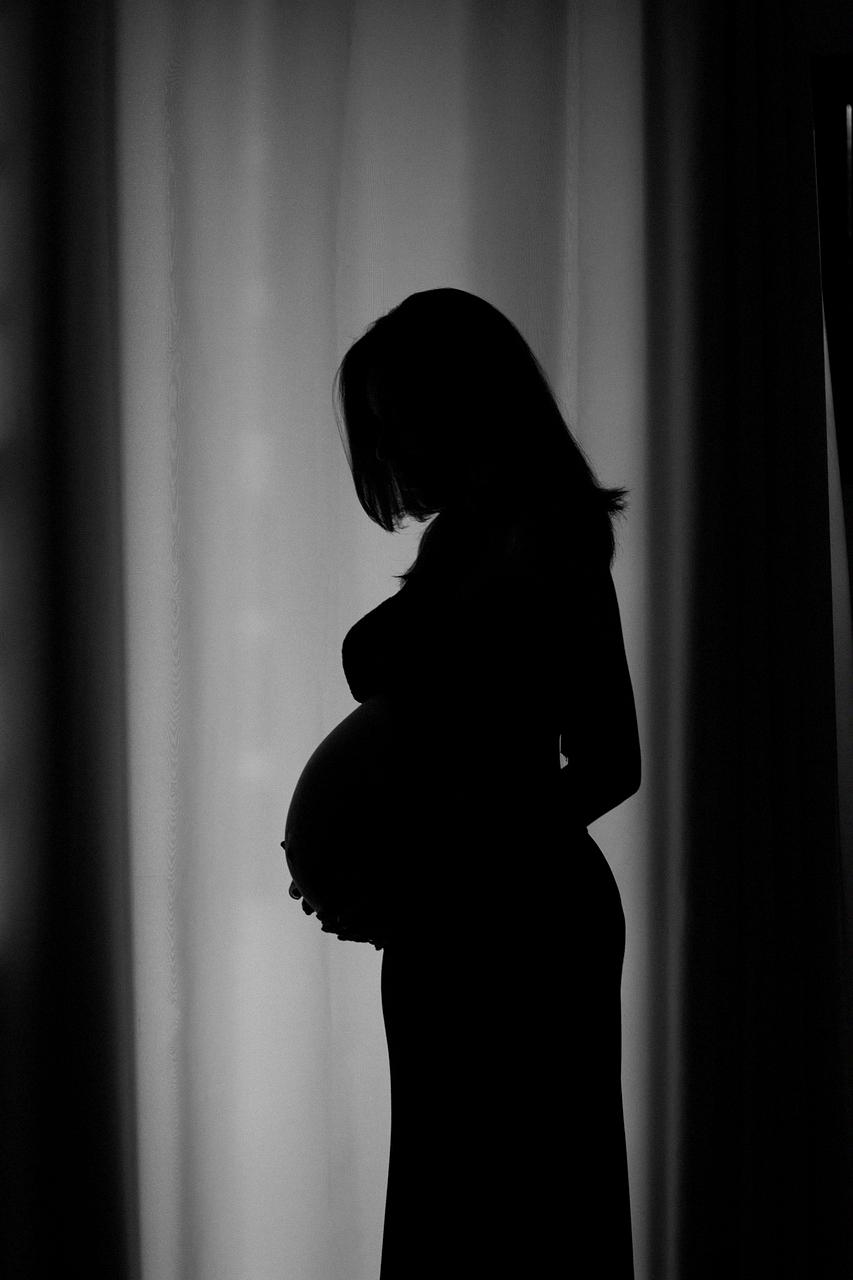Having excessive gas months after a C-section can be a common concern for many mothers. Several factors could contribute to this issue, including hormonal changes, dietary modifications, and postpartum medications.
Hormonal Changes and Digestive Health
It is essential to acknowledge that the hormonal fluctuations that occur postpartum can impact your digestive system. These hormonal changes can affect the motility of your intestines, leading to increased gas production and bloating.
Changes in Activity Levels
After a C-section, it’s natural for your activity levels to decrease temporarily as your body heals. Reduced physical activity can sometimes result in slower digestion, which may contribute to the buildup of gas in your digestive tract.
Dietary Adjustments and Gas Production
Changes in your diet postpartum can also play a significant role in the amount of gas you experience. If you’ve made dietary modifications, such as consuming more high-fiber foods or increasing your intake of certain vegetables, these changes can lead to increased gas production.
Effects of Medications and Supplements
It’s crucial to consider any medications or supplements you may be taking after your C-section. Certain medications, such as pain relievers or antibiotics, can disrupt the natural balance of bacteria in your gut, potentially leading to gastrointestinal issues like gas and bloating.
Impact of Stress and Anxiety
Stress and anxiety can also impact your digestive health. The emotional toll of childbirth, along with the challenges of caring for a newborn, can contribute to gastrointestinal issues, including excessive gas.
Fluid Intake and Hydration
Maintaining adequate hydration is essential for optimal digestive function. Inadequate fluid intake can slow down digestion, leading to the accumulation of gas in the intestines.
Postpartum Recovery and Scar Tissue
It’s important to consider the impact of your C-section scar on your abdominal muscles. Scar tissue can sometimes cause adhesions, which may affect the movement of your intestines and contribute to gastrointestinal discomfort, including gas.
Seeking Professional Guidance
If you’re experiencing persistent or severe gas months after your C-section, it’s advisable to consult with your healthcare provider. They can evaluate your symptoms, consider potential underlying causes, and recommend appropriate treatment options.
Healthy Habits for Managing Gas
In addition to seeking medical guidance, incorporating healthy lifestyle habits can help manage postpartum gas. Practicing relaxation techniques, engaging in gentle exercises, and maintaining a balanced diet rich in fiber can support digestive health and reduce gas symptoms.
Support System and Self-Care
Remember to prioritize self-care and reach out to your support system for assistance. Managing gas and digestive discomfort post-C-section can be challenging, but with the right resources and self-care practices, you can navigate this phase with resilience and positivity.
Conclusion: Navigating Postpartum Gas After C-section
In conclusion, experiencing excessive gas months after a C-section is a common occurrence for many mothers. By understanding the various factors that can contribute to postpartum gas, seeking professional guidance when needed, and adopting healthy habits for digestive health, you can effectively manage and alleviate gas symptoms while focusing on your postpartum recovery and well-being.

